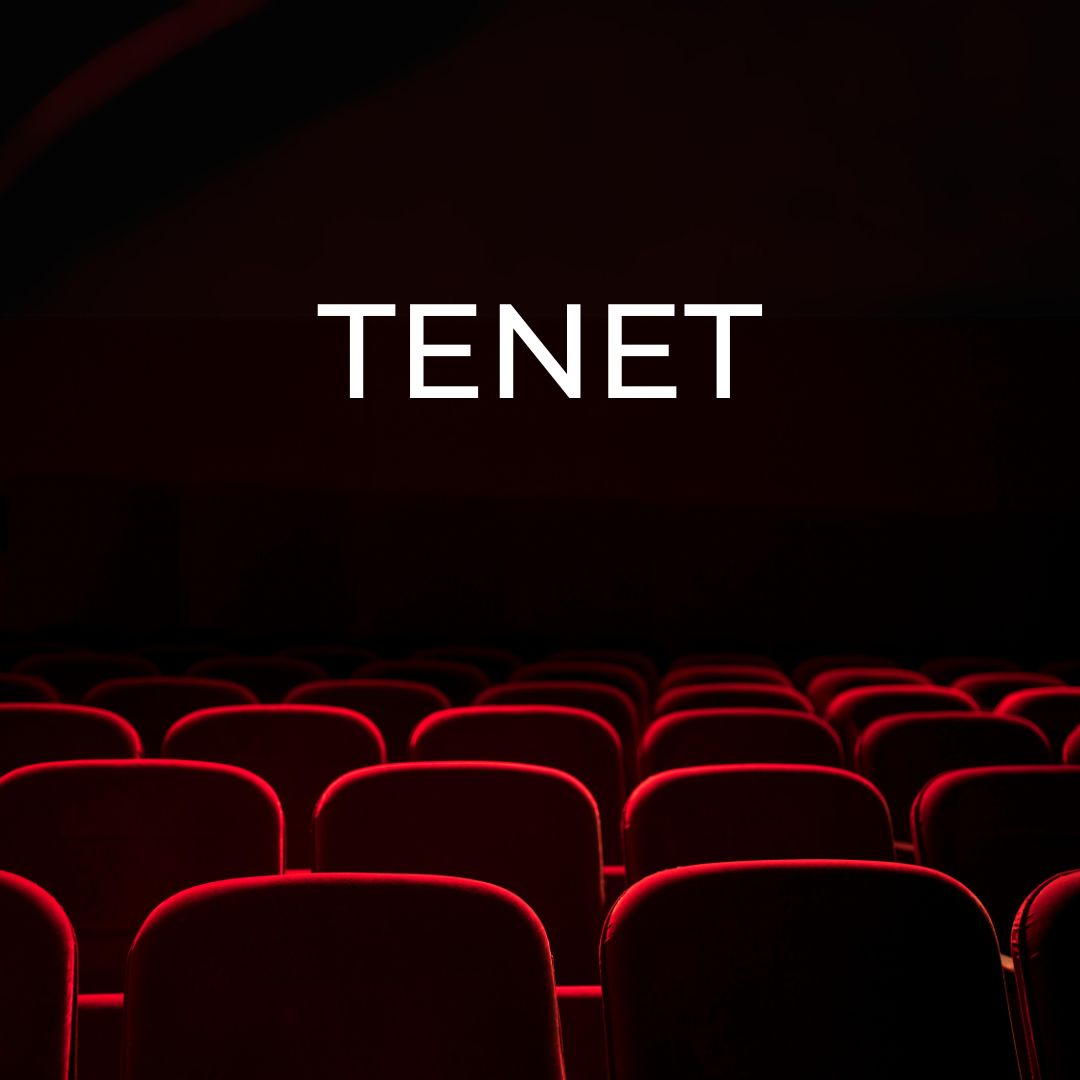
Tenet: (noun) — a principle or belief, especially one of the
main principles of a religion or philosophy.
You’re barely settled in your seat in the movie theater when, in the very first scene of the film, the Kyiv Opera House falls under an apparent terrorist attack.
Without getting into the intricacies of the plot, Christopher Nolan’s brilliant 2020 film Tenet was his most ambitious to date. The cinematography is arresting, the sound astonishing, the story spectacular and challenging, the acting impeccable, the costuming immaculate, and the locations—they look like nothing else we’ve seen on screen before.
This opening scene in the Opera House is as gripping as its setting is thrilling. The space glows under impressive overhead lighting. Ascending row after row of multi-tiered seating, in effect, mirrors the shining, acutely-angled panels above as they scallop downward toward an expansive stage where a full orchestra is warming up. What fills your ears is that momentous sound of elite performers tuning instruments, preparing for their symphonic performance. The colossal scale—the way it looks, the way it sounds, everything about it—is heart-quickening. Then the action begins.
Now stop. Freeze the frame right there, and let’s leave this incredibly beautiful setting to rewind, to go backward and consider another.
In 1974 the Soviet Union was awarded the 1980 Summer Olympiad, but as landlocked Moscow had nowhere to stage the Games’ sailing events, organizers tasked the city of Tallinn, the capital of the Soviet Republic of Estonia, to do so. Blueprints were drawn up, materials gathered, workers employed, and construction began on a 21-acre waterfront tract adjacent to the Baltic Sea. The sprawling building named the Lenin Palace of Culture and Sports—a rigid, ziggurat-like structure, its exterior formed entirely of concrete in the Brutalist style—opened just in time for the Olympics, resembling, as one writer put it, a cross between a nuclear bunker and an inscrutable temple to a long-vanished god.
About a decade after the Olympics, Estonia regained its independence from the Soviet Union, and the Lenin Palace was renamed Linnahall, which by that time had descended into disrepair. Its deterioration has continued. Weeds now poke through the widening cracks in the too-quickly poured Soviet concrete. The now crumbling complex overlooks the shallow waves of the Baltic comprehensively graffitied.
Visiting on a recent trip to Estonia, I climbed up Linnahall’s seemingly endless concrete steps to its forlorn concrete roof and found it an enigmatic experience. Every entrance inside is blocked off forbiddingly by wire and heavy locks. Yet as difficult as it is to conceive of what the place is even about anymore, it’s equally impossible not to wonder what’s just inside.
The score of the movie Tenet was written by Oscar-winning composer Ludwig Göransson, and it’s as original as the film it enriches. Giving it another listen the other day, I was reminded that one of Göransson’s compositions was entitled “Tallinn” and also that some of the movie’s later scenes indeed took place in Tallinn. One curious internet click led to another as it sometimes does, and I came to learn not only was much of the movie filmed there but the opening scene—the one supposedly in the Kyiv Opera House—was actually filmed inside Linnahall. What lay just under all those concrete steps I’d ascended, just beneath the brutalist structure I’d traversed, was the magical concert hall that had enthralled me in the opening moments of the movie.
Surely there’s no place on earth with such a delta, such a gap, such a difference between its exterior and its interior—more miserable on the outside and more enchanting on the inside—than this place in Tallinn. Outside: broken, ugly, run down. Inside: impossibly beautiful—reminding me, reminding us that just as sometimes buildings can look one way outside and another inside, so can we.
In the Old Testament, when God tasks Samuel to select a king for Israel, our Scripture tells us Samuel looks at Eliab, the first of Jesse’s handsome sons and thinks, “Surely the Lord’s anointed stands here before the Lord.” But then God says to Samuel, “Do not consider his appearance…The Lord does not look at the things people look at. People look at the outward appearance. The Lord looks at the heart.”
This is a basic tenet of our faith.
Today, you’ll likely encounter someone who’s broken. Someone who’s gruff. Unpleasant. Impatient. Even brutal. Consider the possibility that maybe there’s something else there, just inside. Something almost inaccessible. Yet, there. With grace, give the heart another look. See what’s just beneath.
God—Help me imagine the almost inaccessible beauty we all have inside us. Help me to see the heart, especially the broken one.
— Greg Funderburk





